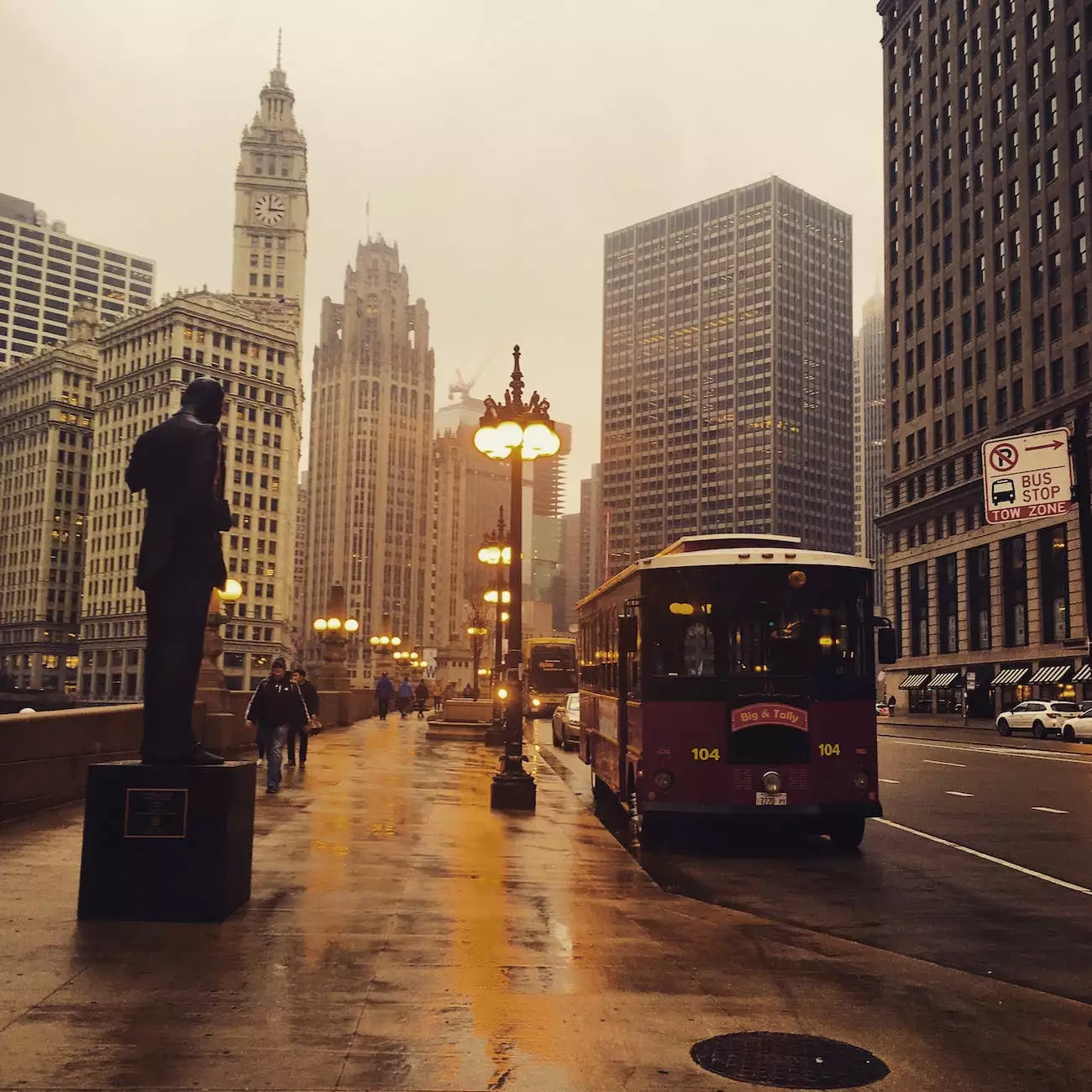What You Should Not Do If You Are in a Traffic Stop on a Reservation
Blog
Are you aware of what you should not do if you find yourself in a traffic stop on a reservation? Navigating traffic law matters on reservations can be complex and require specific knowledge and understanding. Here at John P. Bennett, Attorney at Law, we specialize in providing comprehensive legal advice and representation for individuals facing traffic-related issues on reservations. In this article, we will guide you through some important things to avoid if you ever encounter a traffic stop on a reservation.
Understanding the Jurisdiction
Before discussing what actions to avoid during a traffic stop on a reservation, it is crucial to understand the unique jurisdictional complexities involved. Reservations have their own legal systems, which means that tribal law, federal law, and state law might all come into play. The specific jurisdiction can vary depending on factors such as the location of the offense, the parties involved, and the type of offense committed.
It is essential to remember that laws and procedures can differ significantly from those in non-reservation areas. Seeking legal guidance from an experienced attorney familiar with tribal law and traffic regulations on reservations is highly recommended to ensure your rights and interests are protected.
Actions to Avoid during a Traffic Stop on a Reservation
1. Do Not Panic
One of the most important things to remember during a traffic stop is to stay calm and composed. Panicking can lead to poor decision-making and potentially escalate the situation. Take a deep breath, remain respectful, and follow the instructions given by law enforcement personnel.
2. Do Not Resist Arrest
If law enforcement officers inform you that you are being arrested, it is crucial to comply with their instructions and avoid any form of resistance. Resisting arrest can lead to additional charges and make your situation more complicated. It is advisable to follow instructions and consult with a legal professional as soon as possible.
3. Do Not Volunteer Excessive Information
When interacting with law enforcement during a traffic stop, it is vital to be mindful of the information you provide. While you might be required to provide your identification and other basic details, avoid volunteering unnecessary details or admitting any guilt. It is often in your best interest to consult with an attorney before answering any questions beyond identifying yourself.
4. Do Not Consent to a Search without a Warrant
If law enforcement officers request to search your vehicle during a traffic stop on a reservation, it is generally best to refrain from consenting without a warrant. You have the right to protect your privacy and should consult with legal counsel to understand your rights fully. Consent to a search without a warrant could potentially lead to the discovery of evidence that may be used against you.
5. Do Not Engage in Arguing or Aggressive Behavior
While it may be challenging, maintaining a respectful and cooperative attitude during a traffic stop on a reservation is crucial. Avoid engaging in arguing or displaying aggressive behavior towards law enforcement officers. Such actions can escalate the situation and potentially result in additional charges or consequences.
Seek Legal Assistance from John P. Bennett, Attorney at Law
At John P. Bennett, Attorney at Law, we understand the complexities surrounding traffic stops on reservations. If you find yourself in such a situation, it is essential to seek expert legal guidance to protect your rights.
Our experienced team is well-versed in tribal law and traffic regulations on reservations. We will provide you with comprehensive advice, guide you through the legal processes, and fight for your best interests. Contact John P. Bennett, Attorney at Law today to schedule a consultation and ensure you have the necessary legal support for your traffic law matters on a reservation.



